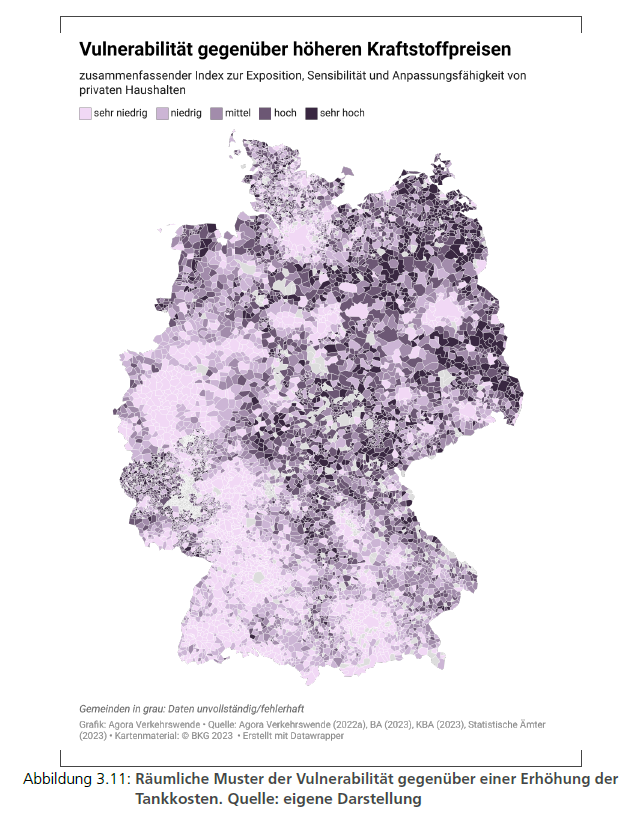Aviation emissions are booming. With climate targets looming, you would expect governments to act. And yet they don't - if anything they work to make sure that emissions increase even further. But why?
The answer is in @verahuwe_'s new article (THREAD) doi.org/10.1080/096922…

The answer is in @verahuwe_'s new article (THREAD) doi.org/10.1080/096922…

@verahuwe_ [Disclaimer: there is a lot in this paper, and Vera wrote her own thread here
What I'm doing here is to give my own take on what I found most eye-opening - there is a lot more nuance in the article and you should read it
]
What I'm doing here is to give my own take on what I found most eye-opening - there is a lot more nuance in the article and you should read it
]
https://x.com/verahuwe_/status/1833426576412647917
We tend to think of the aviation problem as one where we have this problematic sector, aviation, and then the State sitting outside of it. And we want the State to act as a REGULATOR so that emissions decrease.
What this study shows is that this is a very naive way of thinking.
What this study shows is that this is a very naive way of thinking.
The State had a huge role in creating & supporting aviation as we know it, for obvious (military) & less obvious reasons
It still plays 3 important roles in it: as OWNER, as SPONSOR and as CUSTOMER, all arguably more important than its regulator role
It still plays 3 important roles in it: as OWNER, as SPONSOR and as CUSTOMER, all arguably more important than its regulator role
https://x.com/verahuwe_/status/1833426590581084324
So while we ask the State (as a regulator) to curb air travel demand with, say, taxes and moratoria on airport expansion, we should keep in mind that the State is part OWNER of aircraft manufacturers, used to own most of the airlines & owns many airports
The State also acts as a SPONSOR of the aviation sector, as we can see from the subsidies to aircraft manufacturers (e.g. R&D funding), airlines (e.g., tax exemptions) & airports
For a long time, the State has acted to make the sector *grow*
For a long time, the State has acted to make the sector *grow*
https://x.com/verahuwe_/status/1833426590581084324
Finally, the State also acts as a CUSTOMER of military aircraft. As such, it has a clear interest that the industry thrives. Here geopolitical considerations might easily trump climate ones.
https://x.com/verahuwe_/status/1833426590581084324
Aviation is challenging to decarbonise also because there are few if any technological alternatives here.
In other sectors, the State can (in theory) side with the emerging green industries (EVs, renewables) vs. fossil incumbents. For aviation it can't
In other sectors, the State can (in theory) side with the emerging green industries (EVs, renewables) vs. fossil incumbents. For aviation it can't
https://x.com/verahuwe_/status/1833426586705547591
So - I hear you say - everything is lost? Nothing we can do? Well, not really.
The fact that the State is owners, sponsor & customer of aviation also gives it a lot of power & leverage on the sector. In theory, this could be used to decarbonise.
The fact that the State is owners, sponsor & customer of aviation also gives it a lot of power & leverage on the sector. In theory, this could be used to decarbonise.
The paper tries to sketch how the State could act in its owner, sponsor and customer role to decarbonise the sector.
Could be interesting for activists and NGOs in this space. [END]
Could be interesting for activists and NGOs in this space. [END]
https://x.com/verahuwe_/status/1833426596599865472
@threadreaderapp please unroll
• • •
Missing some Tweet in this thread? You can try to
force a refresh








